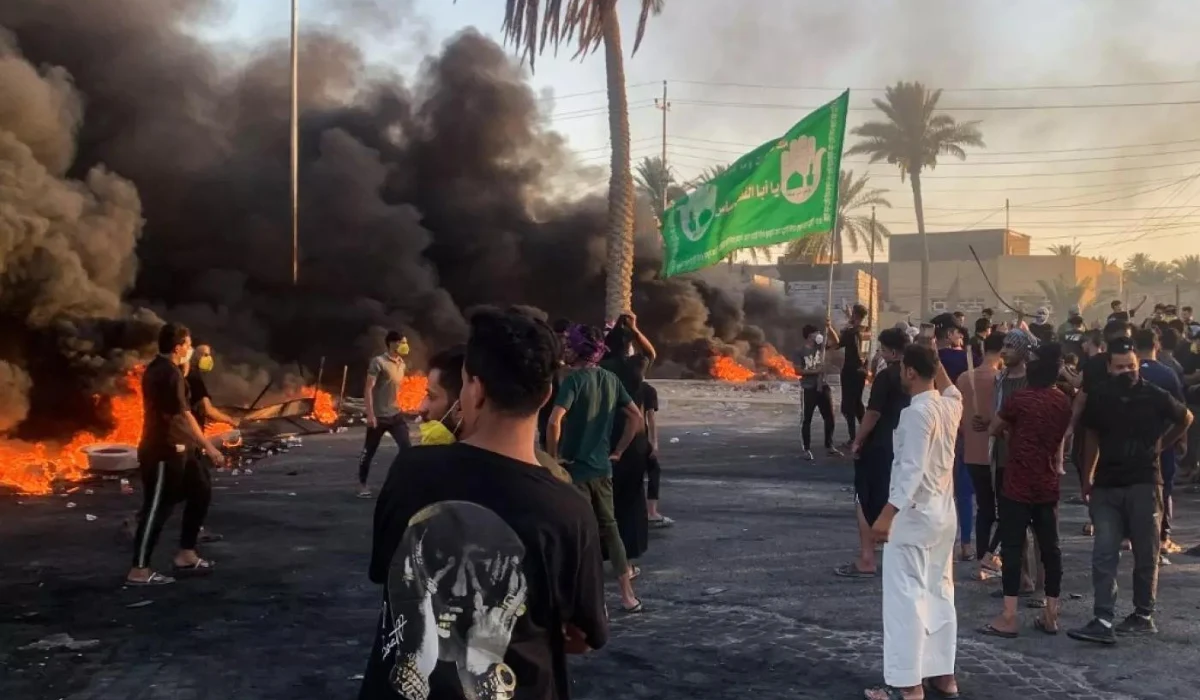Iraq witnessed widespread protests driven by severe power shortages, which have ignited public frustration over the government’s handling of basic services. Demonstrations erupted across the country, with more than 35 protests taking place primarily in the southern provinces of Thi Qar, al-Muthanna, and al-Qadissiya. Protesters blocked roads, staged sit-ins, and engaged in acts of civil disobedience, including burning tyres in front of power plants.
The crisis has been exacerbated by extreme temperatures, which have soared to 51°C in at least 10 Iraqi cities. This heatwave has worsened the already dire power shortages, with major cities experiencing up to 10 hours of daily outages and rural areas facing disruptions lasting up to 18 hours.
Protesters have demanded improvements in the electricity supply and services, expressing their dissatisfaction with the government’s response to the crisis. In reaction, the Iraqi government has implemented several measures, including reducing official working hours, initiating projects to alleviate congestion, and allocating funds for public service improvements.
However, these measures are unlikely to resolve the power shortage problem in the near term. The crisis is fueled by multiple factors, including Iraq’s reliance on imported gas, inadequate investment in domestic gas production, and aging infrastructure.
The ongoing protests underscore the Iraqi government’s struggle to meet the basic needs of its citizens and highlight the urgent need for comprehensive, long-term solutions to address the country’s electricity crisis.


